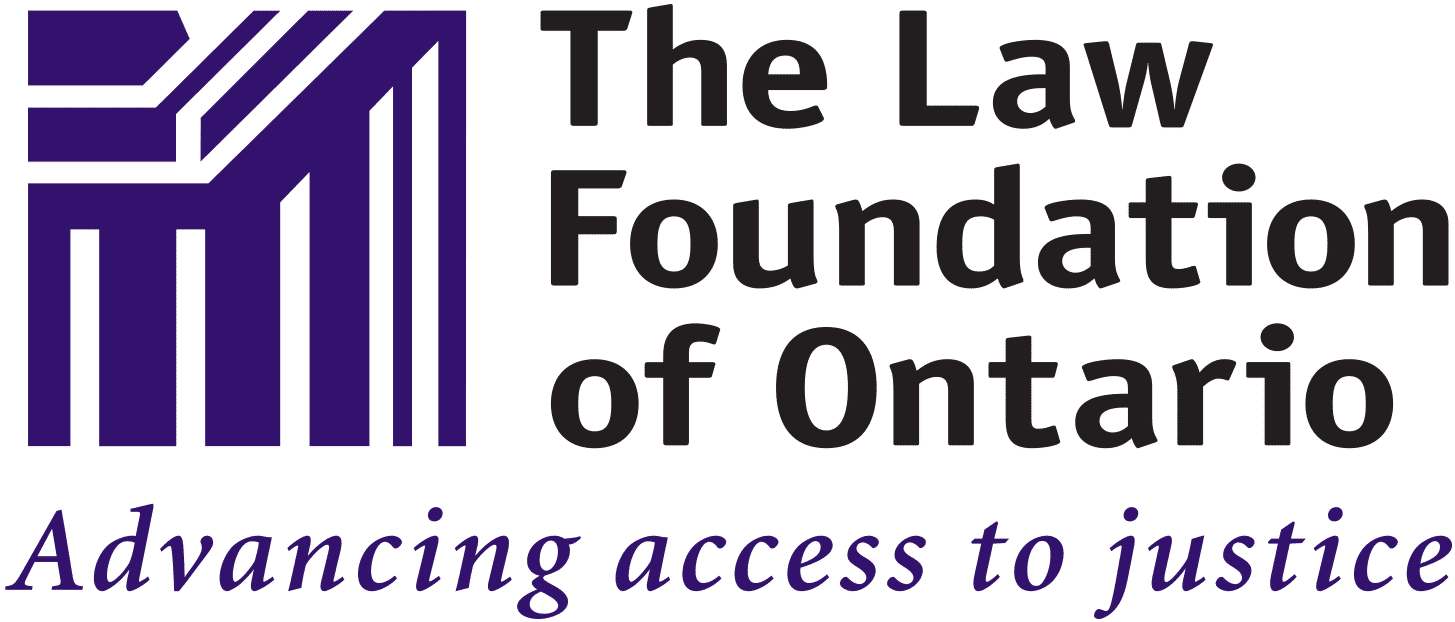What if someone requires additional allowances or funding?
General Rule: Most people who meet Ontario Works’s eligibility criteria will be able to receive income support for basic needs and housing, but there are also additional allowances which they might be able to receive. These can be divided into two categories:
1. Mandatory Benefits
All Ontario Works recipients, and their family members, could be eligible to receive certain mandatory benefits, including:
- Full-time Employment Benefit: Ontario Works will provide up to $500 in a 12-month period for expenses related to beginning full-time employment.
- Transportation Allowance for Health-Related Purposes: Ontario Works can help pay for travel and transportation costs (e.g., cab, bus fare, etc.) for medical appointments, including drug and alcohol recovery groups.
- Child Care Expenses: Some expenses related to child care could be reimbursed by Ontario Works where child care is needed to go to work. More information on claiming child care expenses can be found here.
2. Discretionary Benefits
Some recipients might also be able to receive discretionary benefits. Some examples include:
- Pardons: Ontario Works might help with the costs of obtaining a pardon where someone’s criminal record is a barrier to employment.
- Arrears: Ontario Works can help with arrears related to shelter and utility costs or can provide payments to prevent the discontinuance/reconnection of utilities.
- Essential Household Items: Recipients can request payments to replace or repair essential household items.
- Eviction Prevention: Ontario Works might help with additional funding to prevent eviction or to continue hydro/heating services.
- Health Benefits: Costs related to adult vision care, adult dental services, assistive devices, and funerals/burials could be eligible for reimbursement.
- Transportation Allowance for Non-Health-Related Purposes: Ontario Works might provide funding for transportation where they believe it is reasonable and appropriate. For example, relocating, attending court to get support payments, attending a funeral for next of kin, etc.
Note: Decisions about receiving these types of discretionary allowances can’t be appealed to the Social Benefits Tribunal, but if your client asks for and is denied an additional allowance, they can still request an internal review of that decision.
How You Can Help:
- Step 1: Help your client contact their caseworker if they might be eligible for these additional allowances or have any questions about them.
- Step 2: If your client requests any of these allowances but is denied and wants to dispute the decision, refer them to a legal clinic for help filing an application for internal review. Make sure they bring a copy of their Notice of Decision, if they have it.
- Step 3: If your client can’t receive legal advice, help them complete a form letter for internal review or draft their own letter. Make sure they submit their request within 30 days from when they received the Notice of Decision about the discretionary allowance.

